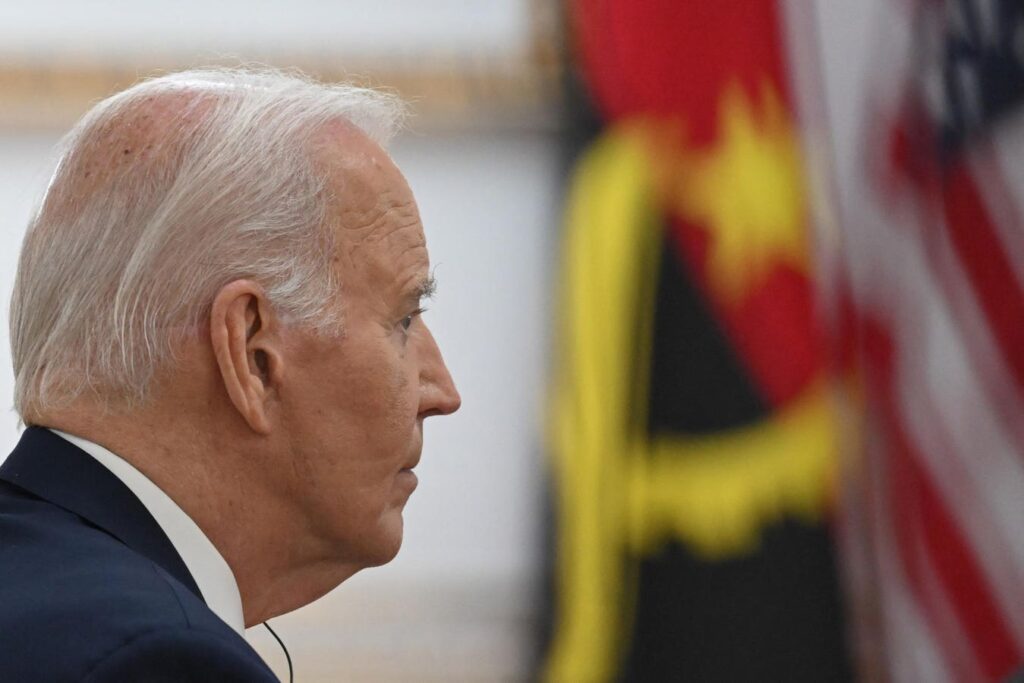On December 3, 2024, advocates for student loan borrowers expressed alarm over the apparent stagnation in processing student loan forgiveness claims under programs designed to aid defrauded borrowers. While the Biden administration had initially approved over 700,000 borrowers for debt cancellation via the Borrower Defense to Repayment and Closed School Discharge programs, many of those who received notifications of their qualification are still awaiting actual relief. This delay is further compounded by the looming transition to a potential Trump administration, which many anticipate will display little inclination towards granting additional relief to students affected by school misconduct.
The Biden administration utilized group discharge authority to simplify the approval process for those affected by the closure of schools, particularly targeting borrowers from two collapsed for-profit institutions: Corinthian Colleges and ITT Technical Institutes. In 2022, the Department of Education approved debt forgiveness for 560,000 borrowers from Corinthian Colleges, followed in 2023 by another 208,000 borrowers from ITT. This mass approval allowed many to qualify for discharges without needing to file individual applications. Despite the large number of approvals, a significant number of borrowers, namely at least 145,000 from Corinthian Colleges, remain in limbo, waiting for their reported discharges to be finalized.
In response to the delayed relief, borrower advocates and supportive congressional allies are urging the Biden administration to expedite the discharge processes for those already approved and to extend relief to other similarly situated borrowers affected by deceptive practices of for-profit institutions. They emphasize the need for urgent action, particularly in light of reports suggesting that the incoming administration, led by Trump, is unlikely to pursue expansive student loan forgiveness initiatives for defrauded borrowers. Senator Dick Durbin highlighted the disproportionate impact of for-profit institutions on student debt defaults, advocating for immediate intervention to assist those who have been victimized.
Advocacy groups are actively mobilizing to pressure the Biden administration to maximize the discharges before the transition occurs on January 20, 2025. Their message is clear: current beneficiaries of relief must receive what was promised, and new group discharges need to be enacted for other victims of predatory schools. Leading figures in this movement, including those from the Debt Collective and Student Borrower Protection Center, are working alongside legislators to ensure that final actions are taken in the remaining weeks of Biden’s presidency to secure justice for student borrowers.
The urgency felt by these advocates stems from historical context; during Trump’s previous tenure, his administration’s Education Department imposed stringent regulations that limited the scope of relief under the Borrower Defense program, thus complicating the process for many applicants seeking forgiveness. These regulations not only increased the evidentiary burden on borrowers but were associated with accusations of unlawful stalling and denial of claims, resulting in class action litigation against the department. In contrast, the Biden administration had attempted to implement more favorable regulations and streamline processes for affected borrowers, but those efforts faced legal hurdles that have stymied progress.
As time runs out, advocates remain wary of a reversal to Trump-era policies that would halt the advancements made under Biden’s administration. They highlight the dangers of allowing the newly incoming administration to inherit and perpetuate a system that obstructs relief for defrauded borrowers. The collective call from advocacy groups underscores a critical moment in education policy, encapsulating both the urgency for immediate action and the broader implications for student borrower protections in the face of forthcoming political changes in the U.S.

